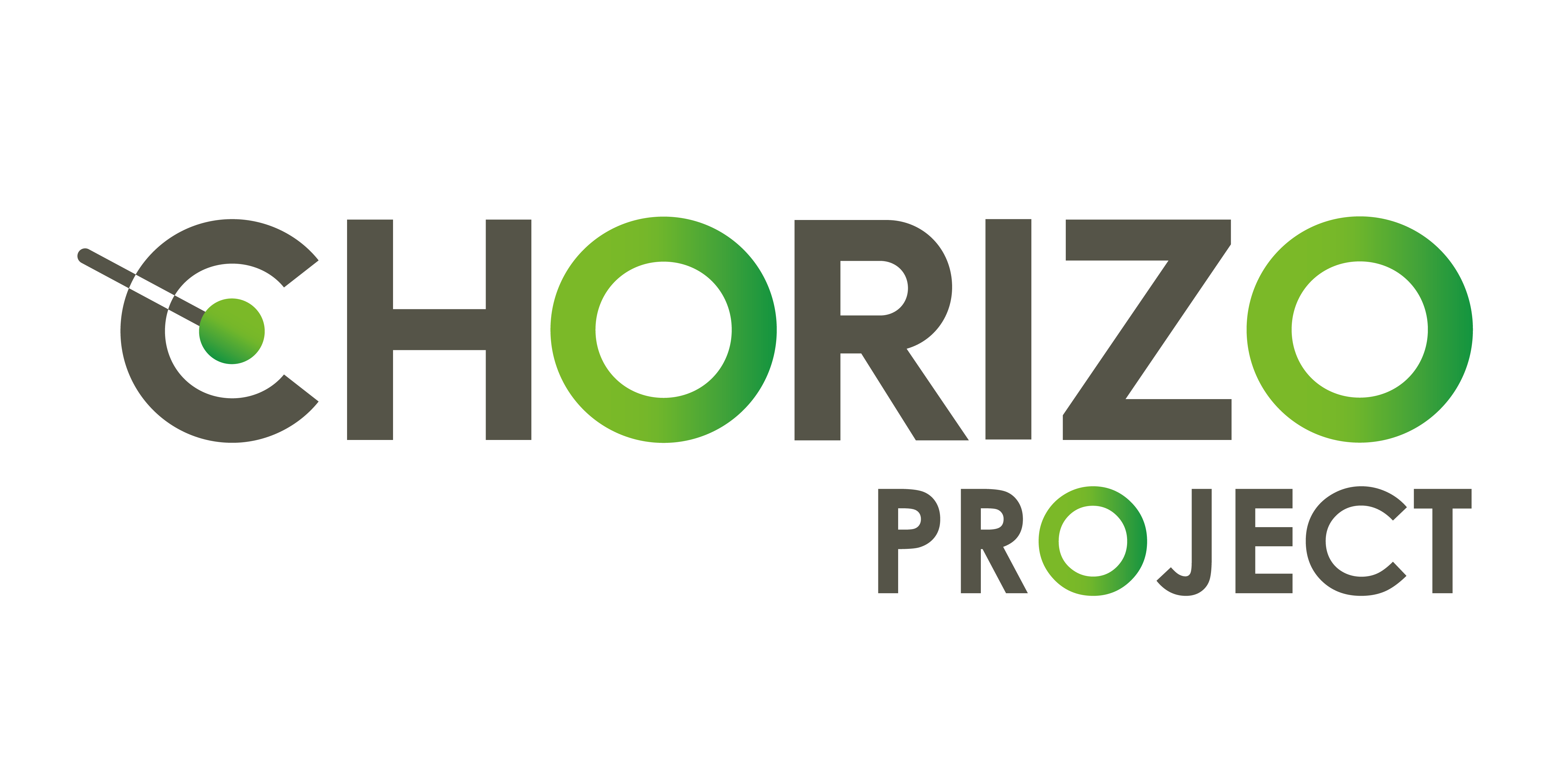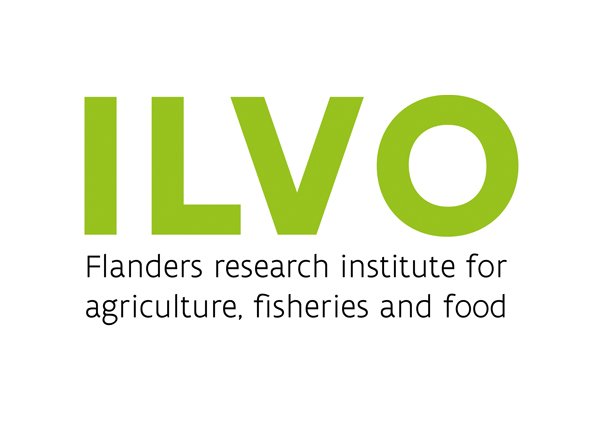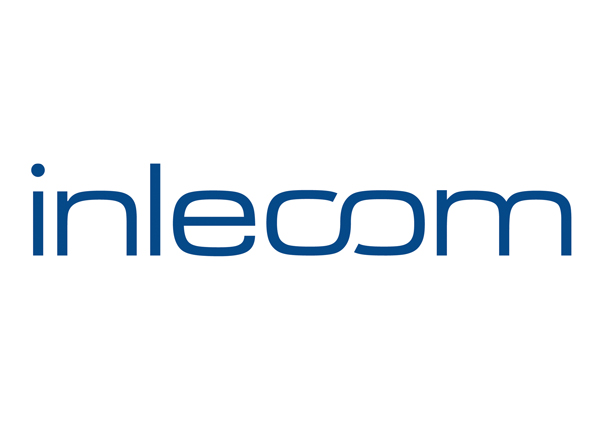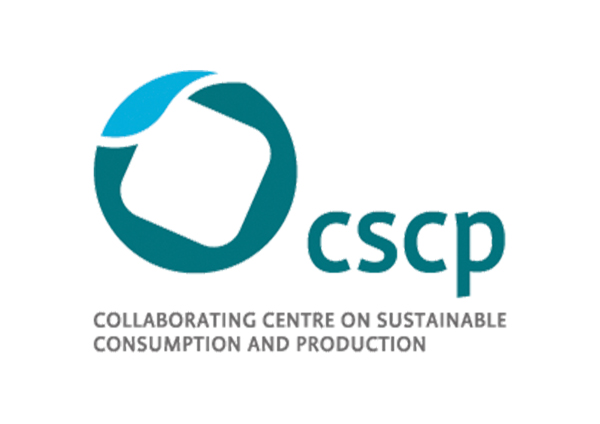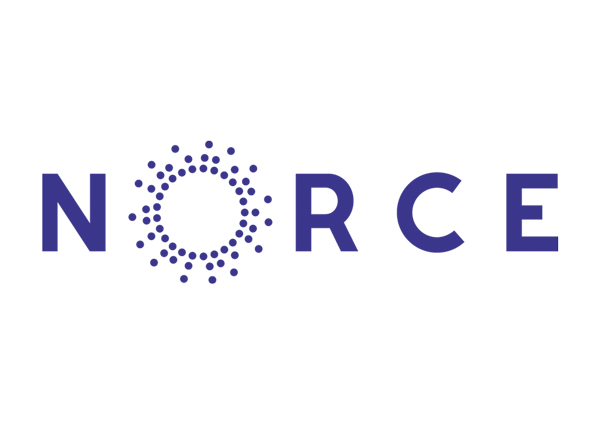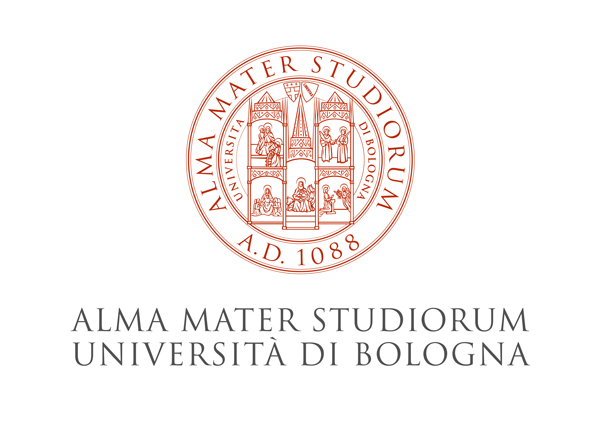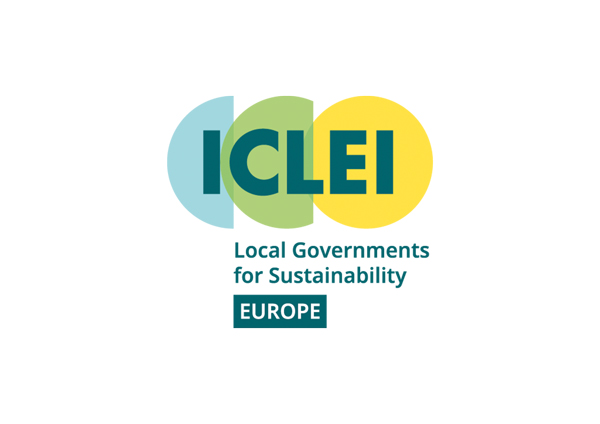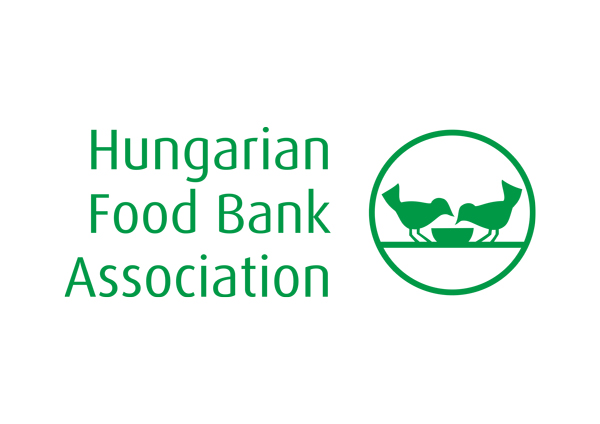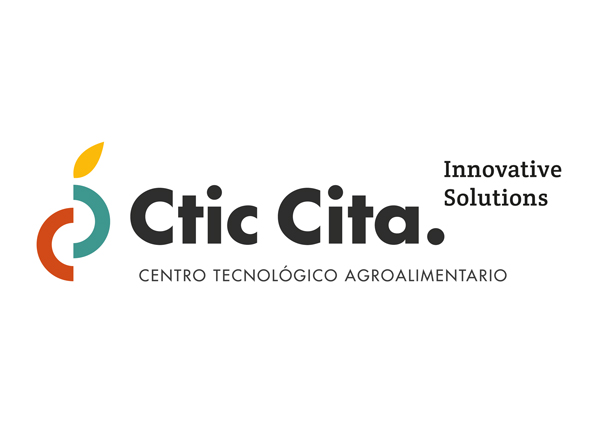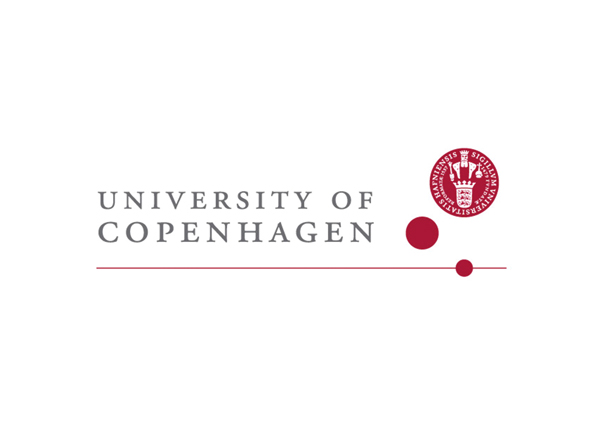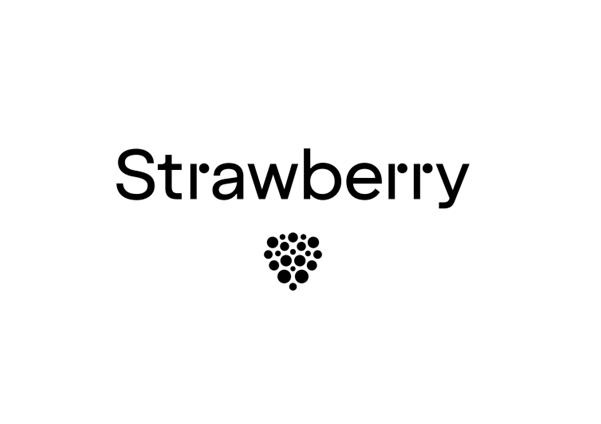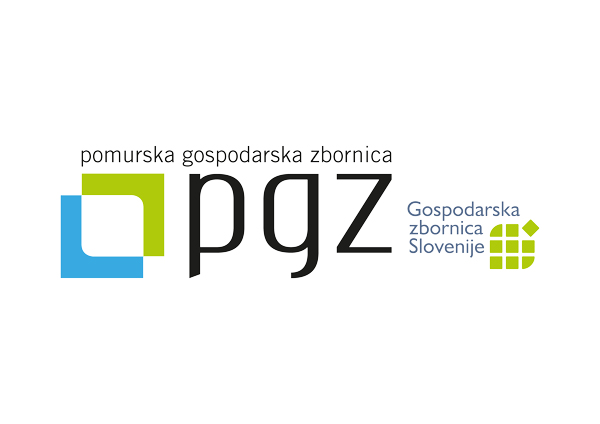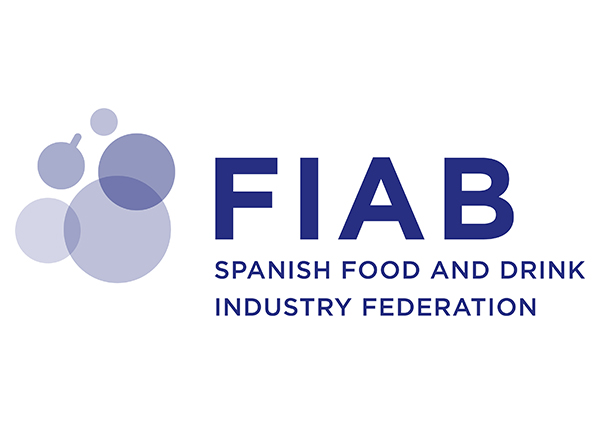Rationale
It is estimated that up to 10% of the FW generated annually in the EU is linked to improper date marking. Date marking is often confusing to consumers. Misinterpretations lead to earlier than necessary food disposal. Main product types consumers are likely to discard based on reading the date label on the pack, are: milk and yoghurts, fresh juices, chilled meat and fish.
The use of ‘use by’ and ‘best before’ labels interchangeably in many EU countries further contributes to this confusion. Moreover, consumers’ perception of date marking validity can prevent the diffusion of new technologies (e.g. sustainable & smart packaging) that can extend product shelf life, when one would expect that such technologies would strengthen confidence in date marking.
Furthermore, date marking is considered as a marketing element by food producers, who often shorten dates unnecessarily to minimise liability claims and retain the perceived quality of their products.
Finally, smart packaging could extend the life of products, effectively reducing FW if clear directions and a timeline are provided in the packaging to preserve products once open.
Objectives
1 Consumer surveys using the MundoSabor platform.
2 Semi-structured and structured interviews and workshops with consumers and the food industry.
3 Correlation & causal analysis of CS results.
4 Gender & intersectional analysis of CS results.
Partners

